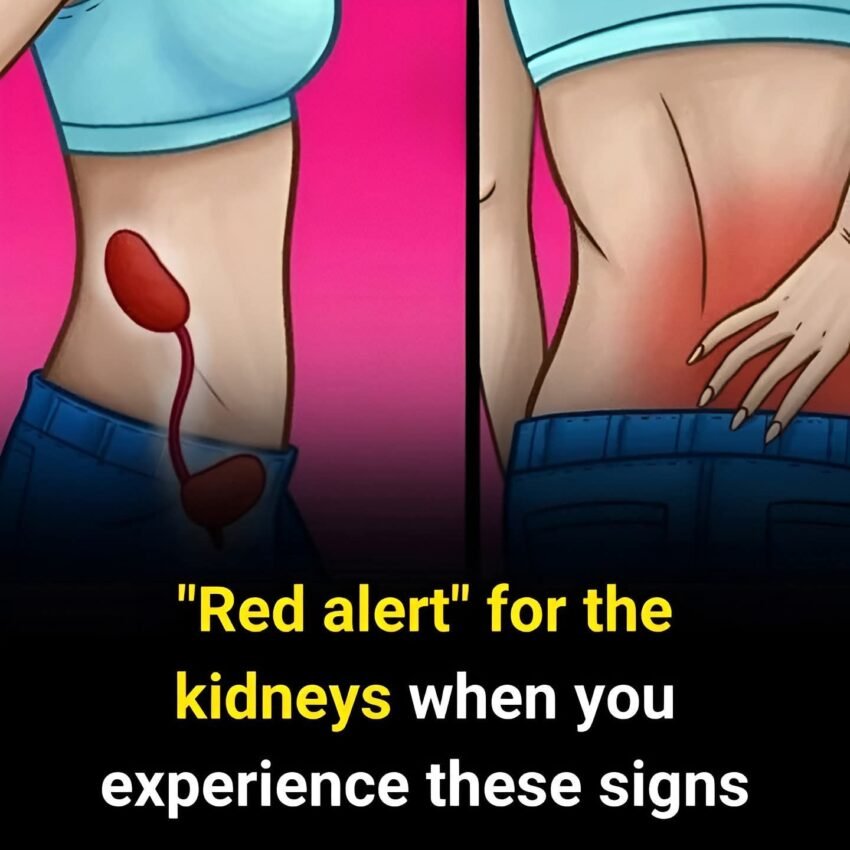If your kidneys are in danger or not functioning properly, your body may start to show several warning signs. The kidneys are vital for filtering waste from the blood, balancing fluids, regulating blood pressure, and producing hormones. When they begin to fail, various symptoms can arise. Here are 10 signs that your kidneys may be in trouble:
1. Fatigue and Weakness
When kidneys don’t filter waste properly, toxins build up in the blood, which can cause fatigue. Additionally, kidney disease can lead to anemia, further worsening tiredness and weakness.
2. Swelling (Edema)
Poor kidney function can cause fluid retention, leading to swelling in the feet, ankles, hands, or face.
3. Changes in Urination
Look for:
-
Foamy or bubbly urine (sign of protein leakage)
-
Increased or decreased frequency of urination
-
Dark-colored urine, blood in the urine, or difficulty urinating
-
Waking up at night to urinate frequently
4. Shortness of Breath
Excess fluid in the body can accumulate in the lungs, making breathing difficult. Anemia caused by kidney failure can also contribute to this symptom.
5. Persistent Itching
Waste buildup in the bloodstream can cause itchy skin, especially if your kidneys aren’t filtering properly.
6. Metallic Taste in the Mouth or Bad Breath
A metallic taste, or ammonia-like breath, can result from waste accumulating in the bloodstream (uremia).
7. Nausea and Vomiting
This is another symptom of uremia (waste buildup), which can lead to loss of appetite, nausea, or even vomiting.
8. Trouble Concentrating or Dizziness
Anemia caused by kidney disease can reduce oxygen supply to the brain, leading to memory issues, dizziness, or difficulty focusing.
9. High Blood Pressure
Damaged kidneys can no longer regulate blood pressure effectively, and in turn, high blood pressure can further damage the kidneys—a dangerous cycle.
10. Lower Back Pain
Persistent pain in the lower back or side, near the kidneys, can be a sign of kidney issues, especially if accompanied by other symptoms.
What to Do
If you experience multiple symptoms listed above, especially over a prolonged period, it’s important to:
-
See a doctor or nephrologist
-
Get blood tests (e.g., creatinine, BUN) and a urinalysis
-
Monitor blood pressure and manage risk factors (e.g., diabetes)
